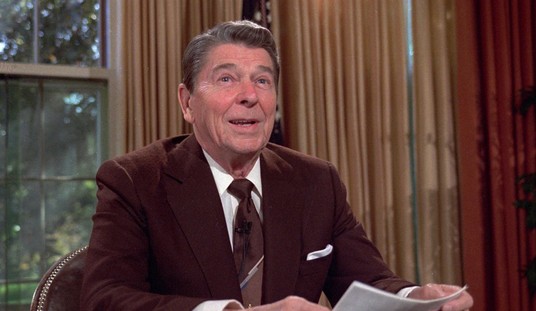The Treasury Department announced this morning that it intends to get out of the auto business “within the next 12-15 months, subject to market conditions.”
Treasury currently holds 500.1 million shares of General Motors common stock after the Trouble Asset Relief Program bailout. GM will purchase 200 million shares of GM common stock from Treasury at $27.50 per share.
This transaction is expected to close by the end of the year, the department said. Treasury intends to sell its other remaining 300.1 million shares “through various means in an orderly fashion.”
“The auto industry rescue helped save more than a million jobs during a severe economic crisis, but TARP was always meant to be a temporary, emergency program. The government should not be in the business of owning stakes in private companies for an indefinite period of time,” said Assistant Secretary for Financial Stability Timothy G. Massad. “Moving to exit our investment in GM within the next 12 to 15 months is consistent with our dual goals of winding down TARP as soon as practicable and protecting taxpayer interests.”
Last week, Treasury sold its final shares of AIG common stock. The department says it’s recovered more than 90 percent of the $418 billion handed out during TARP.
“This plan strikes the proper balance between maximizing return for the taxpayer and limiting government involvement in a private enterprise. Both GM and the Obama administration have been eager to bring the government’s role to a close in a responsible and orderly way, and this plan meets those goals,” Sen. Carl Levin (D-Mich.) said in a statement.
“It’s important to keep in mind what the federal investment in GM and Chrysler sought to accomplish. It was about protecting more than 1 million workers whose jobs could have been lost, protecting families and communities that would have been devastated if the domestic auto industry had collapsed, preventing the massive cost the federal government would have had to bear in terms of unemployment insurance and other expenses, and avoiding the very real prospect of a second Great Depression,” he added.









Join the conversation as a VIP Member